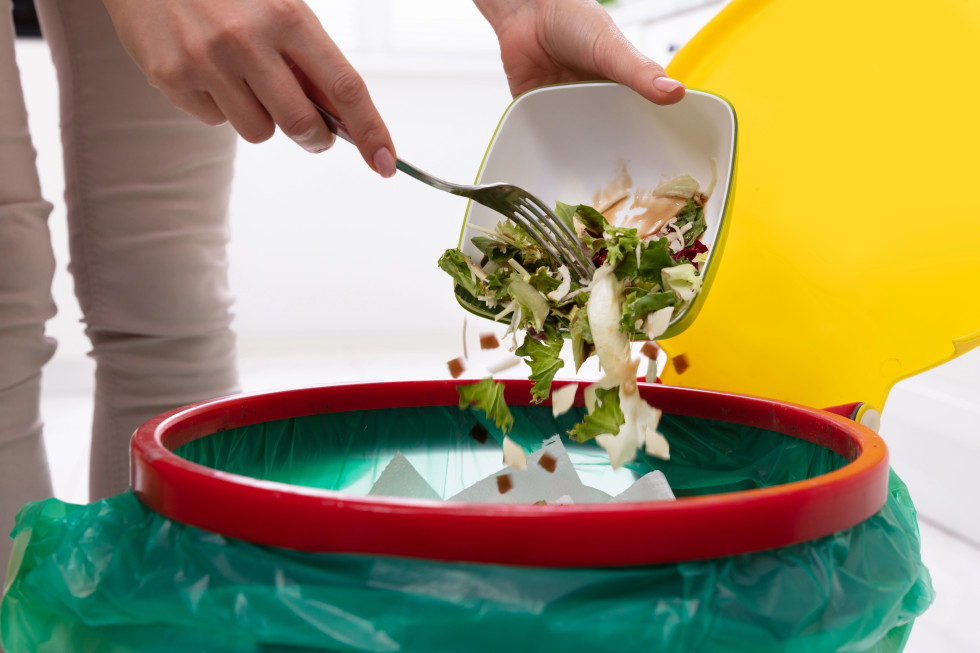Slovenian Zero Food Waste Day promotes thoughtful food consumption
On average, each resident of Slovenia throws away 78 kilograms of food per year, with households accounting for 44% of all food waste.
Food waste is one of the most pressing global challenges. While 733 million people worldwide suffer from hunger, nearly a third of all food produced is never consumed. Estimates suggest that between 8% and 10% of global greenhouse gas emissions are linked to food that ends up in the bin. Methane, released from rotting food in landfills, is 84 times more potent than carbon dioxide in warming the atmosphere, according to the web portal Our Common Food.
The portal also highlighted that the concept of "food consciousness" (hranozavest) was introduced during last year's Slovenian Zero Food Waste Day. The idea promotes awareness of the true value of food. The portal explains: "A food-conscious person makes thoughtful decisions when buying, storing and consuming food. They consider seasonality, origin and use-by dates, prepare food with care and moderation, and know how to turn leftovers into tasty meals."
According to the Statistical Office, households generated around half of Slovenia's total food waste of just under 165,000 tonnes of food waste in 2023, or 78 kilograms per capita. A third was generated in the catering and food service sector, 13% in food production, and 9% in grocery stores. It is estimated that 37% of the total food waste - or 29 kilograms per capita - was still edible.
The Ministry of the Environment also stresses the importance of raising children's awareness of how to handle food respectfully. In recent months, as part of the Life IP Care4Climate project and in cooperation with the Eco-School Programme, it has launched a school competition titled "We Won’t Throw It Away!"


